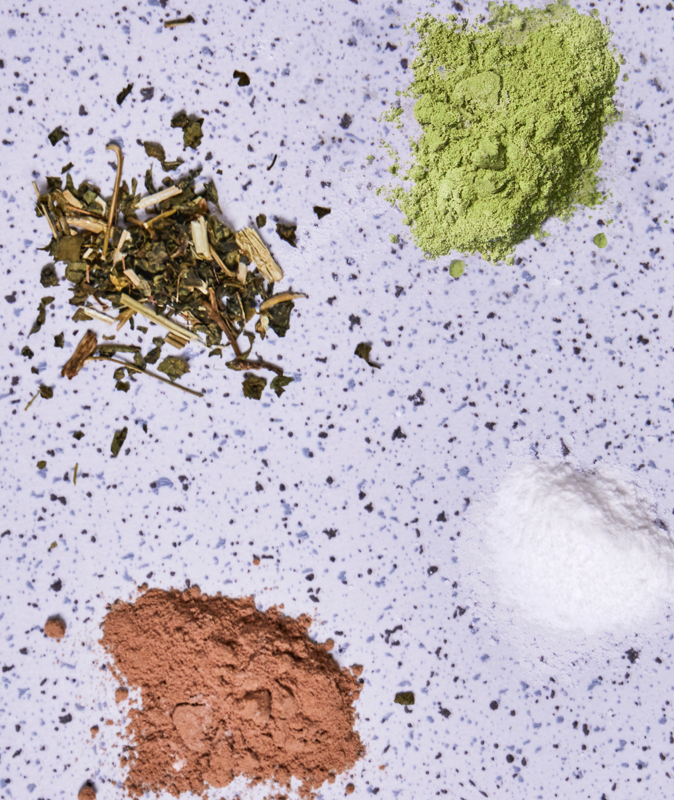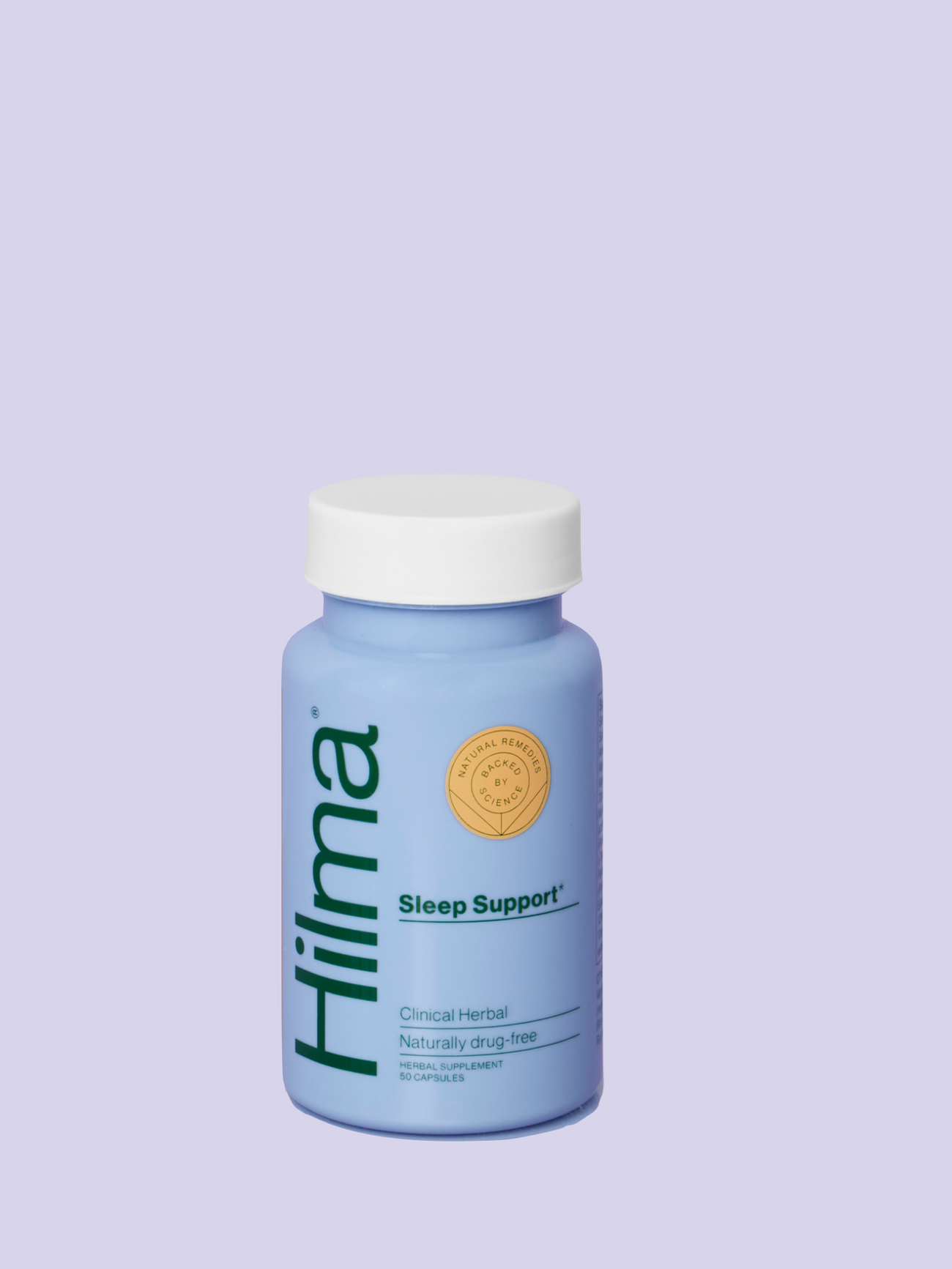
The Gut’s Midnight Magic
We might be snoozing, but our gut is hard at work! During sleep, our digestive system enters restoration mode, promoting the rebuilding of the gut lining, balancing microbiota, and releasing hormones to ease inflammation. This nightly reset is a gut-health VIP pass—but only if we let it do its job. Chronic sleep issues can halt these processes, leading to an overworked, under-nourished microbiome, and ultimately, digestive troubles. Imagine if the “engine” of our gut could run all night, preparing us for a seamless, healthy day!
So, here are seven ways to enhance your sleep—and by extension, your gut health—that’ll leave you feeling refreshed, balanced, and, dare I say, glowing from the inside out.
1. Set a Consistent Sleep Schedule: Syncing with Your Gut’s Natural Rhythm
Having a consistent bedtime might seem elementary, but it’s the anchor that allows the gut to reset reliably. Just as our gut and nervous system benefit from a steady eating schedule—knowing when to absorb, release, and reset—our sleep schedule plays a crucial role in aligning our body’s natural rhythms. The gut’s circadian clock influences everything from digestion to immune function and even the release of melatonin, a sleep hormone that doubles as a gut-health booster. Studies show that irregular sleep patterns can wreak havoc on gut microbiota, affecting everything from nutrient absorption to stress resilience.
It’s about building trust with your body, really. The more we honor a consistent rhythm, the more our system can anticipate when to rest and when to be active, reinforcing a sense of security and calm. I, for one, am all about personal schedules that fuel my goals—hello, setting my wake-up call for golden-hour light. Trust me, once you find your sweet spot, the benefits snowball.
A consistent rhythm becomes a love language for your gut, creating a collaboration with your body rather than a daily battle. You’ll be amazed at how this small act of consistency can impact both physical health and inner peace.
2. Three-Hour Rule: Stop Eating Before Bed
Late-night snacks, while satisfying, can confuse your gut and disrupt sleep quality. Eating close to bedtime revs up digestion when our body needs calm, throwing off signals like melatonin and insulin regulation. Research suggests that this can lead to acid reflux, bloating, and even blood sugar imbalances that sneak into the next day.
That said, it’s just as important not to go to bed feeling genuinely hungry. Knowing the difference between real hunger and stress cravings can be transformative here. If you’re actually hungry, a small snack that’s low in sugar and supports balanced blood sugar can be the perfect choice. Opt for a banana with almond butter, some full-fat Greek yogurt sprinkled with cinnamon, or a few slices of turkey with hummus. These foods support the body without overwhelming the digestive system, helping you drift off comfortably.
By giving my digestive system a solid 3-hour break, I noticed something subtle but powerful—better energy flow in the morning. The next day feels lighter. Try pairing this rule with a small ritual, like peppermint or chamomile tea for that “done for the day” signal to your body. It’s a night’s wind-down that doubles as a morning boost.
3. Design Your Bedroom as a ‘Sleep Sanctuary’
Your room is sacred, but is it sleep-friendly? Transforming it into a sleep sanctuary signals to your body that this is a safe place for deep rest and repair. I added blackout curtains, soft red lighting, a Hatch alarm clock, and a diffuser, and it was a game-changer for quality sleep. Also, if you’re storing work stuff around—laptops, files—move them out. The subconscious knows!
Create a vibe in your bedroom that makes you exhale the second you step in. It could mean soft cotton sheets, a calming essential oil, or adding textures that encourage relaxation.
4. Signal Your Body to Wind Down: Rituals to Mark the End of Day
A winding-down ritual—whether sipping tea, reading a chapter on your Kindle, or jotting in a gratitude journal—signals the transition into rest mode. This tells your body that it’s safe to let go. For me, it’s warm tea, a journal entry, and a few minutes of stretching, which not only relaxes the muscles but also seems to bring my mind to a stiller place.
Establishing this ritual can be therapeutic for the gut as well. Stress triggers cortisol, which, in high levels, disturbs the gut microbiome. By winding down, we’re curbing this cortisol production, creating a fertile ground for healthy gut activity through the night.
5. A Pitch-Black Room or Eye Mask
Darkness isn’t just aesthetic; it’s biology. Light exposure at night hinders melatonin production, the hormone that induces sleep and regulates our circadian rhythm. When we prioritize a pitch-black environment, we gift our body with the deep rest it craves, ensuring that our gut does its overnight housekeeping undisturbed.
An eye mask is my travel buddy, and at home, I’ve swapped out all those tiny glowing lights (charger, clock, etc.) to darken the room fully. The change? Deeper, more restorative sleep, and on days after a good night’s rest, my gut feels, quite honestly, like it’s brand new.
6. See the Morning Sun to Set Circadian Rhythm
There’s a reason ancient wisdom praised the morning sun; it holds remarkable benefits for our body’s natural rhythms. Morning sunlight exposure sends a powerful signal to our internal clock—the circadian rhythm—helping it synchronize with the 24-hour day. This rhythm influences virtually every system in our body, including digestion and sleep. When we step outside to soak in that early light (yes, ditch the sunglasses and SPF for this one), even for a few minutes, it triggers a cascade of hormonal responses that set the tone for the entire day.
Morning sunlight specifically targets receptors in the eye called intrinsically photosensitive retinal ganglion cells (ipRGCs). These receptors detect the blue light found in natural morning sunlight, which signals the brain to regulate the release of cortisol and melatonin. Cortisol, which often gets a bad rap, is actually essential in the morning—it energizes us, stimulates digestion, and primes our metabolism to efficiently convert food into fuel. As a result, we’re supporting both the gut’s motility and our body’s metabolic readiness for the day ahead.
In parallel, morning light exposure helps suppress melatonin, the hormone that signals our body to wind down for sleep. This “off” signal in the morning keeps melatonin production in check, allowing it to rise again naturally in the evening as daylight fades. Over time, this regular exposure to morning light helps the body know when to be awake and alert and when to relax and repair, which is especially helpful for digestion. Research even shows that aligning melatonin and cortisol with the sun’s natural rhythms can positively impact gut microbiota, reinforcing the balance of healthy bacteria that aid digestion and immune function.
For me, morning light exposure brings mental and physical clarity, helping me stay grounded and consistent. If stepping outside isn’t feasible, even natural light through a window can provide some benefit, though direct outdoor light is the most powerful. Think of it as nature’s circadian “reset button”—a gift of the morning sun that supports both gut health and restorative sleep.
7. Support from Hilma’s Sleep Formula
When it comes to winding down, sleep formulas can be a gentle, grounding support for both mind and body, and Hilma’s blend brings a unique set of natural ingredients to the table. This formula has quickly become part of my pre-sleep arsenal, providing a balanced nudge toward restful sleep while supporting gut health.
Some highlights from the formula include:
-Magnesium Glycinate, a key ingredient, is an essential mineral shown to regulate our circadian rhythm, which is the body’s internal clock that aligns with sleep and wake cycles. The glycinate form is particularly gentle on the stomach, making it a great option for those sensitive to other types of magnesium. Magnesium is well-known for its role in calming the nervous system, which not only aids sleep but also helps relax the gut, supporting smoother digestion and reducing nighttime discomfort.
-Reishi Mushroom, a revered adaptogenic mushroom, has been shown to support longer, more sustained sleep. Reishi’s calming effect on the body’s stress response helps lengthen sleep duration, especially during times when stress might otherwise disrupt a full night’s rest. By moderating the body’s cortisol levels, it simultaneously supports a balanced gut environment, as stress hormones are known to impact digestive health.
-L-Theanine, an amino acid found in green tea, is clinically proven to help reduce the time it takes to fall asleep and minimize sleep disturbances. It works by promoting relaxation without sedation, easing tension in both the body and mind. This gentle relaxation also helps prevent nighttime wakefulness, making it easier to enter a restorative sleep state that benefits digestion as well.
-Passionflower, a calming herb, has a long history of supporting quality sleep. Studies show that passionflower promotes deeper sleep by reducing anxiety and quieting an overactive mind, paving the way for uninterrupted, quality rest. In this blend, it works synergistically with the other ingredients to extend sleep duration and enhance overall relaxation.
Taken together, these natural ingredients offer a holistic approach to sleep, digestion, and calming the nervous system, making Hilma’s formula a trustworthy ally for winding down and letting both mind and body relax fully.
Beyond Sleep—Embracing Gut Health as a Way of Life
Good sleep isn’t just about waking up refreshed; it’s the core of our physical and mental balance, with our gut health reaping major benefits. As you bring these sleep tips into your nightly rhythm, know that you’re doing more than improving rest—you’re laying the groundwork for holistic health that’ll ripple out to every part of your day. Because the truth is, we’re as healthy as our sleep, and our gut thanks us every night we let it thrive.



